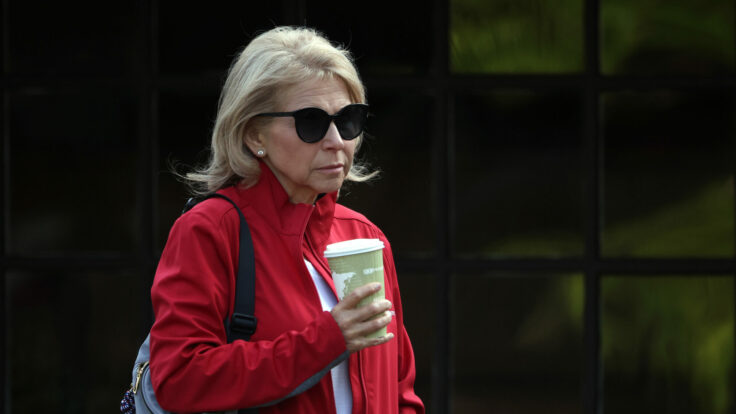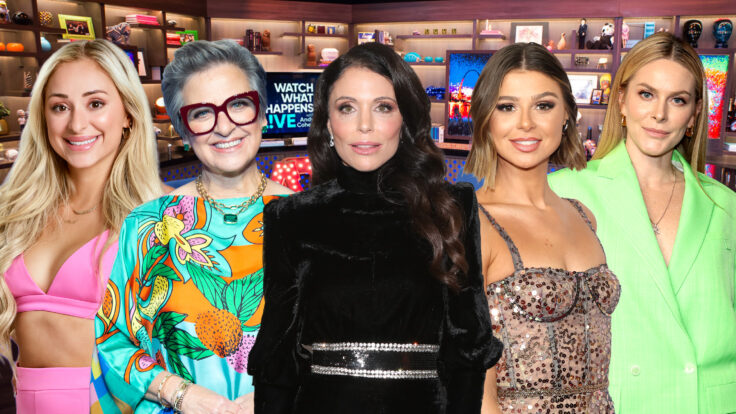Last week, as I watched all the fuss surrounding Taylor Swift’s first tour in five years, I grew more and more curious about what the pop star was thinking. Fans were up in arms after a breakdown in the ticketing process. Politicians were taking swings at Ticketmaster. Journalists quickly confirmed that the Department of Justice had previously opened an investigation into Ticketmaster’s parent company, Live Nation. But why was Taylor Swift herself so quiet? Swift, after all, is one of the few people with enough leverage to change how things are done in the music business. So on Friday morning, I shot off a message to Tree Paine, Swift’s publicist, who I’ve known for a long time. This is exactly what I wrote:
“I’m interested in this Ticketmaster mess, particularly with regards to how it has renewed calls to take a look at the market dominance of the company. I’ve been reviewing the old consent decree after the Live Nation merger, but I also got to thinking that if there’s any artist with enough clout to boost an alternative to Ticketmaster, it’s Taylor Swift. So I’m wondering if she takes any responsibility for what happened, regrets going with Ticketmaster here, and has any plans to reassess the relationship in the future. I looked around and couldn’t find any statement from your camp about this topic so figured I’d try you. Please let me know.”

















